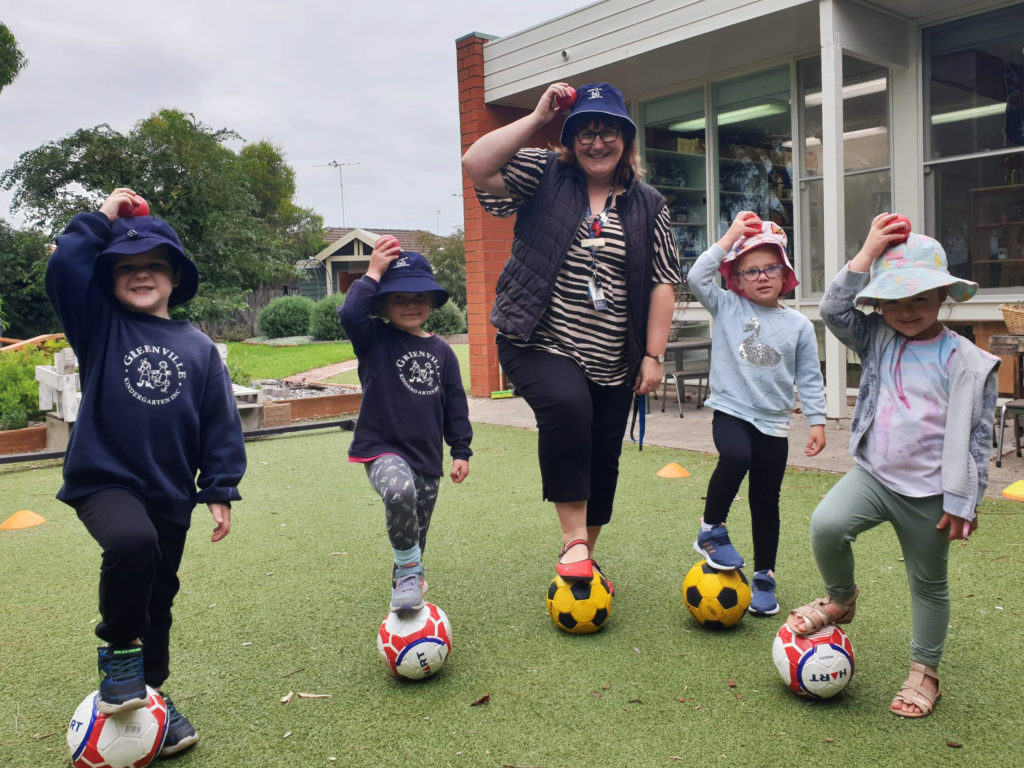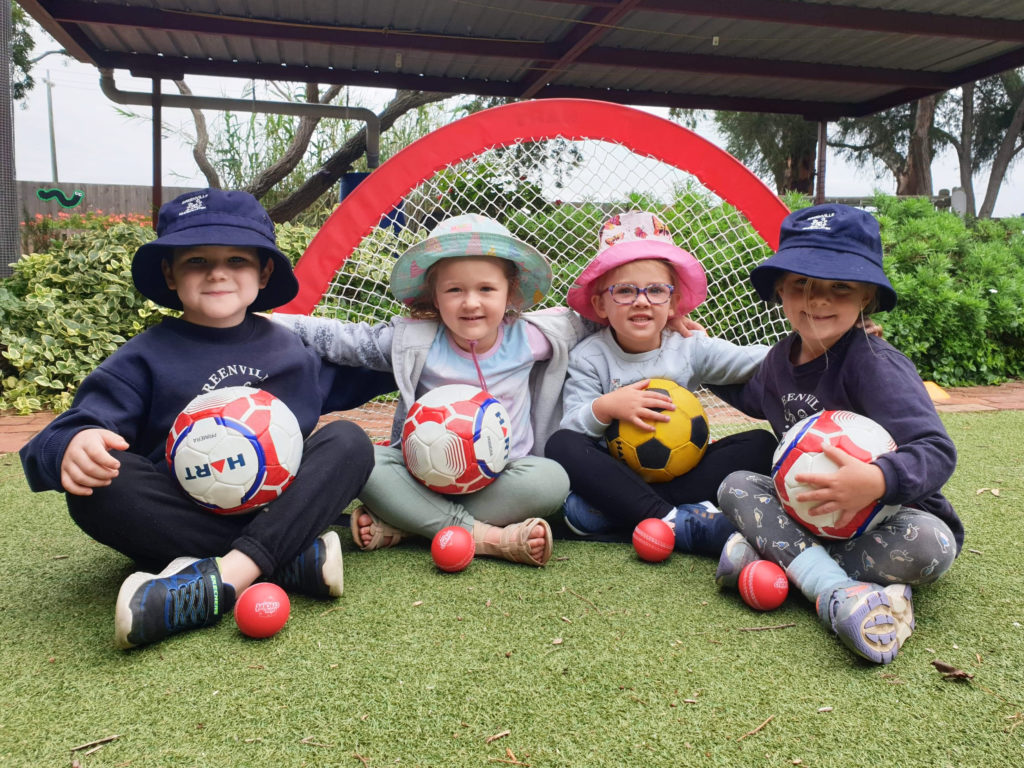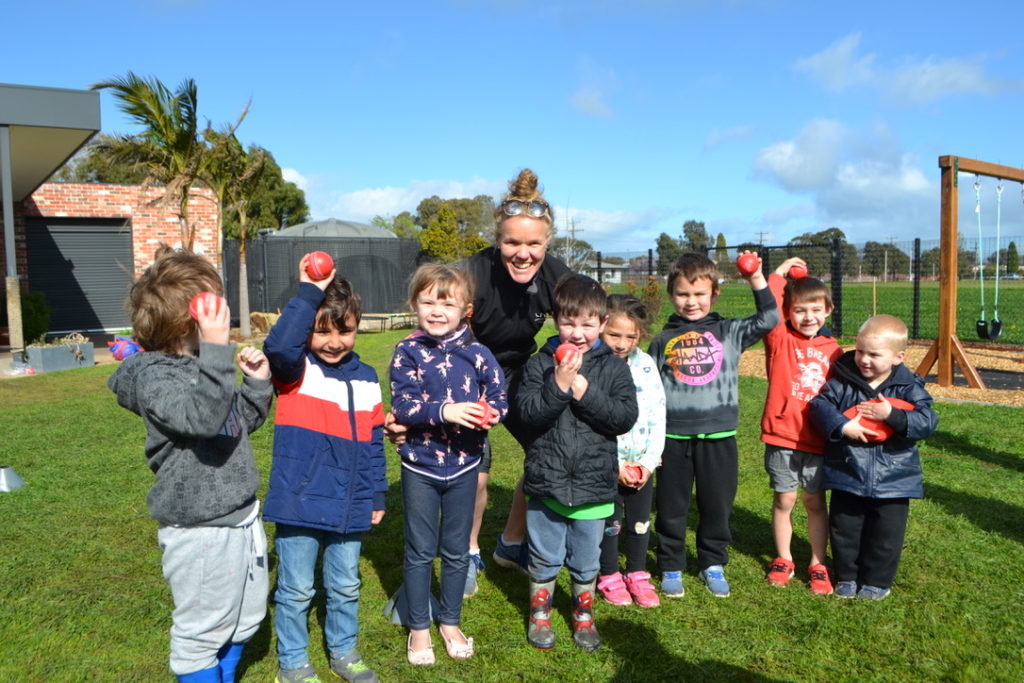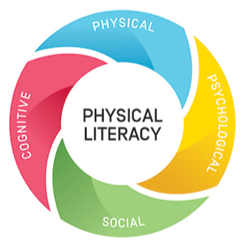Take yourself back to 1994. Each of us would be remembering a different time of our lives. You may have been a parent, in the work force, at school, involved in sport, or less active than you are now, and each of us would have had a different level of physical literacy. But physical literacy wasn’t even a commonly used term back then. There was no need to name it, or study it too much…as it just occurred naturally.
If I personally think back to that year, I was in kindergarten. Speeding down the hill on a rickety little go-kart whilst navigating around many obstacles, climbing to the highest point of a tree then having to figure out my way back down, using the pretend digger in the sand pit to dig a hole bigger than the Grand Canyon, throwing around balls with my friends or even at my younger brother at times, building unsteady block towers taller than myself, and even catching my dolls and toys as they come down the slide.

To me, this was all just play. And for kids these days and beyond…I’d like to keep it that way. But, I now deliver an evidence-based program in Early Learning Centres (ELC’s) that creates more physical literacy pathways and early intervention strategies. We are moving into a world where ‘play’ is so purposeful, designed and structured. This isn’t as natural as my personal early experiences, but unfortunately it seems necessary in order to combat the horrible numbers of inactive people in our current society. “Statistics show 8 in 10 Australian children are not active enough and Sport Australia CEO Kate Palmer said it was especially crucial to help children develop physical literacy – the skills, knowledge and behaviours needed for healthy lives.” (ref: https://www.sportaus.gov.au/media-centre/news/sport-australia-releases-position-statement-on-physical-literacy-to-support-our-nations-health)

If all humans engaged in physical activity, there would be no reason for such an awareness of physical literacy. But while World Health Organisation evidence tells us that “more than 70% of Australian adults are either sedentary or show very low levels of activity”, improving these physical literacy elements and pathways early is extremely important for the future generations. But is it this easy? Can we just improve the confidence, knowledge and skills of these children and it will automatically make us a healthier nation? It may be, it may not. But I know that it can’t hurt. With my recent involvement in ELC’s, seeing the number of children that were unable to simply catch a ball alarmed me, and proved to me that it needs to be addressed. The Victorian Early Learning and Development Framework has five major outcomes, each of which have the ability of being more attainable with an increase in any of the four elements of physical literacy.

We are in a world where mental health is more worrying than ever, technology runs our lives and according experts such as clinical psychologist, Jordan Foster, is even “turning us into a zombie nation”, and, there are increased health and safety rules that may be in place to protect us but also seem to limit certain elements of our ‘play’. Noting all of this, we need to ensure we keep the fun in physical activity and include these physical literacy elements in children’s lives as early as possible.
Is providing these elements enough for these children, if they have the tools will they automatically become healthier people in the long run? Or as humans do we need more; a motivation, a passion, or a goal to continue our path to health?

We may not have all the answers right now, but I for one hope to see kids in another 26 years talking about their positive memories of play, sport and discovery in their kindergarten years. And I truly believe our nation will only benefit from an increase in skills, confidence and behaviours from the earliest years of our lives. Let’s together, turn screen time into play time.
Kate Anderson – Program Coordinator, Community & Club Development
Kate Anderson – Program Coordinator, Community & Club Development
